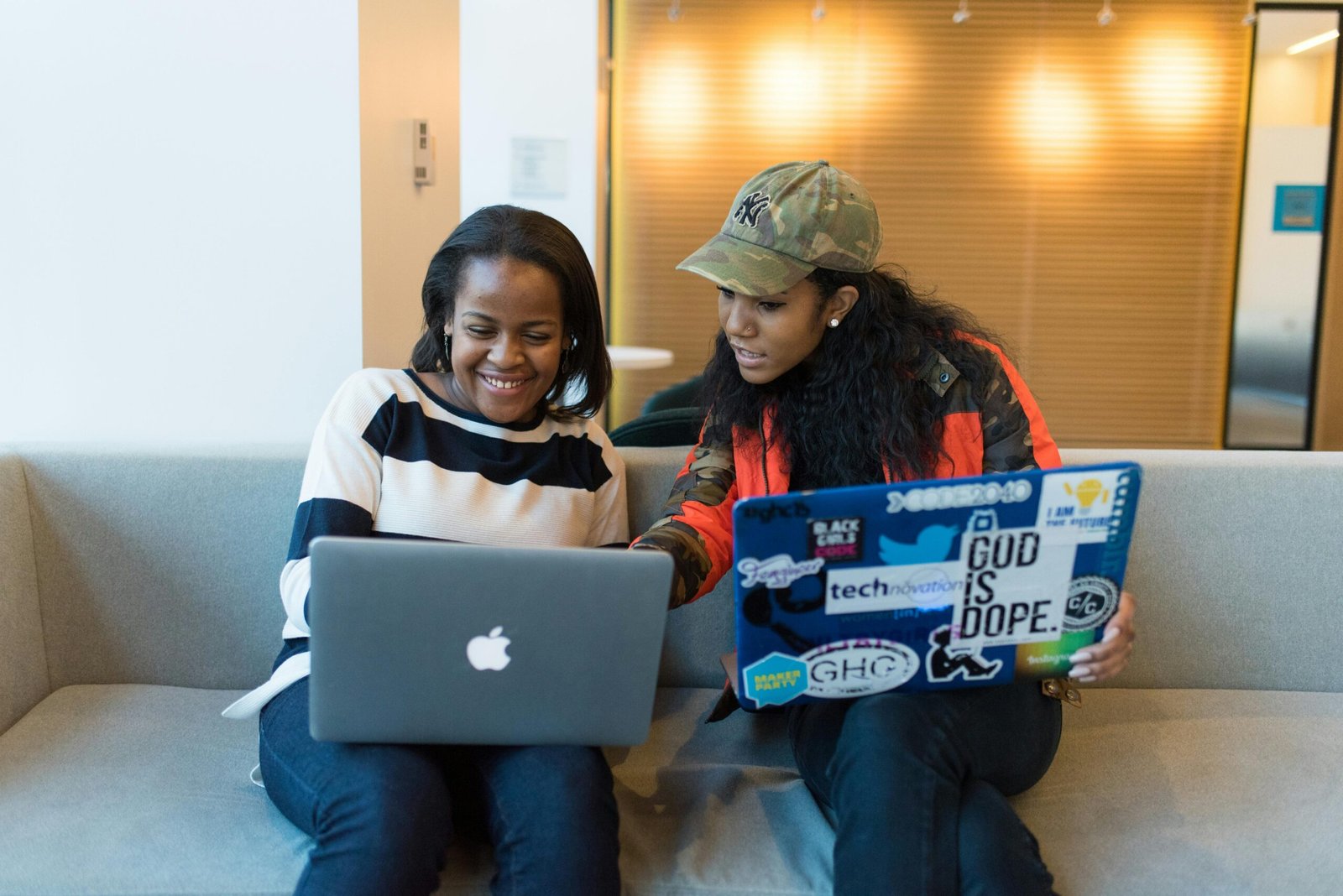The debate over AI replacing jobs has been heating up for years, but few industries are feeling the heat more than software development. With AI tools rapidly evolving, some of the most influential tech leaders are sounding alarm bells, predicting that AI may take over the majority of coding tasks in the near future.
The latest discussions, fueled by statements from executives at Anthropic, IBM, and Meta, suggest that AI is no longer just a tool for improving efficiency—it may soon become the primary coder itself. If these predictions hold true, software engineering as we know it could be on the verge of an unprecedented transformation.
The Boldest Prediction: AI to Write 90% of Code in Months?
At a recent Council on Foreign Relations event, Dario Amodei, CEO of Anthropic, made a startling claim:
“We may be in a world where AI is writing essentially all of the code within a year.”
Even more shockingly, he stated that in just three to six months, AI could be responsible for writing 90% of all new code.
This prediction, if accurate, would mark a seismic shift in software development. Amodei clarified that while human developers might still be needed for oversight in the short term, AI’s role in coding could become nearly autonomous.
What Would This Mean for Developers?
If Amodei’s forecast is correct, software engineers could soon find themselves in a drastically different job market:
- Junior developers may struggle to find entry-level positions, as AI could handle much of the routine coding they would typically perform.
- Mid-level engineers, often tasked with writing bulk code, may be at risk of redundancy as AI speeds up the development process.
- Senior engineers may shift towards AI supervision and prompt engineering, ensuring that AI-generated code aligns with project goals and security standards.
- Specialized programmers, particularly those working on AI itself or in highly complex systems, may still be in high demand.
IBM’s CEO Offers a More Cautious Outlook
Not all tech leaders agree with Amodei’s timeline. IBM CEO Arvind Krishna, speaking at SXSW 2025, offered a more restrained prediction.
Krishna estimated that AI could be responsible for around 20-30% of software development tasks, rather than the extreme 90% that Amodei suggested. He acknowledged that AI could handle many repetitive coding tasks efficiently but maintained that programmers would still be needed for:
- Complex problem-solving that AI struggles with
- Custom software that requires deep contextual knowledge
- Critical security and infrastructure-related code
Krishna’s view aligns with the idea that AI will enhance, rather than replace, software developers—at least in the foreseeable future.
Meta’s Plan: Replacing Coders with AI?
Mark Zuckerberg, CEO of Meta, has already begun restructuring his workforce to reduce reliance on human developers. He has expressed interest in replacing mid-level software engineers with AI, arguing that:
- AI can handle standard coding tasks more efficiently.
- Human developers should be focused on higher-level problem-solving and strategic innovation.
- Reducing headcount in coding teams can free up resources for other areas of the business.
This approach suggests that while AI may not eliminate developers entirely, it will reshape the role of human engineers—possibly reducing their numbers in large corporations like Meta.
AI Coding Tools Are Already Taking Over
The transition isn’t just theoretical—AI-powered coding tools are already in use and transforming software development. Some of the most notable examples include:
1. OpenAI’s Codex & GitHub Copilot
- Developed by OpenAI and integrated into GitHub, Copilot acts as an AI-powered assistant, generating code snippets based on natural language prompts.
- It has significantly boosted productivity for developers, reducing the time required for writing and debugging code.
2. Google’s AlphaCode
- DeepMind’s AlphaCode has demonstrated the ability to outperform human programmers in coding competitions, solving complex problems without human assistance.
- While not yet fully deployed in commercial settings, its potential suggests that AI-driven software engineering could become mainstream sooner than expected.
3. JPMorgan Chase’s AI Coding Assistants
- The financial giant has reported a 20% increase in software engineer productivity thanks to AI-powered coding assistants.
- These tools allow engineers to focus on more valuable tasks, such as AI model development and security enhancements.
The Rise of “Vibe Coding” – AI as the New Developer?
A growing trend in Silicon Valley is “vibe coding”—a term coined by Andrej Karpathy, co-founder of OpenAI. This approach involves developers simply describing what they want, and AI handling the actual coding.
- Instead of writing syntax-heavy code, developers provide natural language prompts that AI converts into working programs.
- This could make software development accessible to non-programmers, fundamentally changing who can create software.
- However, there are concerns that over-reliance on AI might degrade fundamental coding skills, leaving future developers ill-equipped to handle edge cases and debugging.
Challenges and Risks of AI-Coded Software
Despite the promise of AI in software development, several challenges must be addressed:
1. Security Risks & Bugs
- AI-generated code is not always secure or optimized.
- Malicious actors could manipulate AI tools to inject vulnerabilities into widely-used applications.
- Without proper oversight, AI-driven coding could introduce new security threats.
2. Lack of Creativity & Innovation
- AI is excellent at replicating patterns but struggles with true innovation.
- Complex software architectures and novel solutions still require human ingenuity.
3. Over-Reliance on AI and Skill Degradation
- A recent Microsoft study found that younger programmers relying heavily on AI coding tools struggle to explain the logic behind their code.
- If AI takes over too many tasks, there is a risk that future software engineers may lack deep technical expertise.
4. Job Market Disruption
- Will companies stop hiring developers? If AI can handle the majority of coding, businesses may reduce their engineering teams.
- Will coding bootcamps become obsolete? If junior-level jobs disappear, traditional pathways into software development could vanish.
What’s Next? The Future of AI in Software Engineering
The impact of AI on software development will likely fall somewhere between the extreme predictions of Amodei and Krishna.
- AI will continue automating routine and repetitive tasks, improving efficiency.
- Human engineers will focus on oversight, security, and complex problem-solving.
- Companies may reduce their reliance on large coding teams, shifting toward AI-assisted development workflows.
- The demand for AI-specialized engineers will increase, creating new job opportunities in AI model development, cybersecurity, and machine learning.
Final Thoughts: Will Coding as a Profession Survive?
The future of software engineering remains uncertain. While AI is poised to revolutionize development, it is unlikely to completely eliminate the need for skilled programmers in the near future. Instead, the role of developers will evolve:
- AI-assisted coding will become the norm.
- Entry-level jobs may become scarce, making it harder for new programmers to gain experience.
- Skilled developers will shift towards roles focused on AI supervision, security, and architecture.
Ultimately, the human-AI partnership in coding is inevitable, but whether it leads to a golden age of software development or a job crisis for engineers depends on how companies and developers adapt to the shift.





